A TICKING MIND BOMB
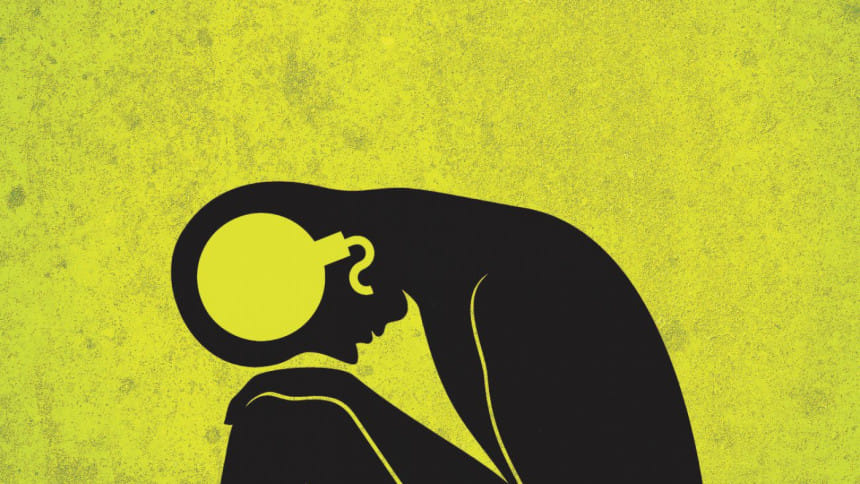
Mental health is no insignificant topic. Whether it is anxiety, stress, depression, or panic attacks – such a condition can eat up our days, stopping us from living "normal" lives.
GAD is no different. It is quite a complex mental disorder; it keeps creating drawbacks for you without you even knowing. No matter how positive you try to stay, the anxiety sticks on to you. According to an article in 2008 titled "Separating Anxiety from Physical Illness" by Patricia Hentz, Doctor of Education and Assistant Professor at Temple University, USA, it is considered that a patient is "likely to have GAD if he/she faces symptoms of GAD constantly for days over a period of six months or more at a level that interferes with concentration."
A person usually picks up GAD from a traumatic experience – like that of abuse or death of a loved one, abnormal brain activity, or can simply be hereditary due to genetics.
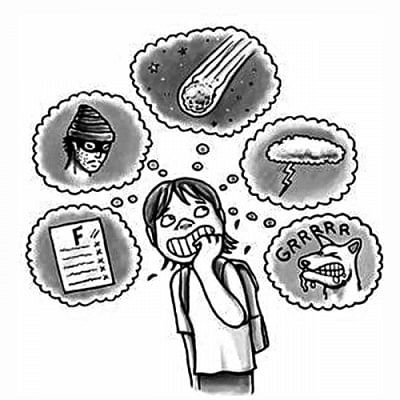
According to Dr. Shahana Parveen, Consultant, Department of Psychiatry at National Institute of Mental Health and Hospital, patients diagnosed with GAD are more than willing to share their experiences with a psychiatrist or counsellor. So the myth of Bangladeshis not opening up about their problems to mental health professional is not entirely true. However, the primary step of seeking the help of a psychiatrist or counsellor is widely considered a taboo.
When asked about this topic, Tarana Mahzabin*, a third-year undergraduate student of Jahangirnagar University, who was diagnosed with GAD in 2016, said, "Whenever I told anyone that I wanted to see a psychiatrist, they told me 'Stay quiet. If you go to a psychiatrist, people will think that you are insane. Are you insane?'" Her family was also unwilling to accept this as an important issue, and refused to let her seek counselling.
Unfortunately, there have been no recent or holistic studies about this topic in Bangladesh. This goes to show how alien GAD is to most of us, and as we remain unaware of this inner demon, no concrete research has yet been published that would give us a full figure of the total number of people diagnosed with GAD in Bangladesh.
A simple Google search can give us the fact that 6.8 million adults suffer from GAD in the United States. Little to no research has been done for the sake of GAD in Bangladesh. But just because we do not have sufficient research does not mean we can just overlook such a serious condition, and that is also something we should be worried about.
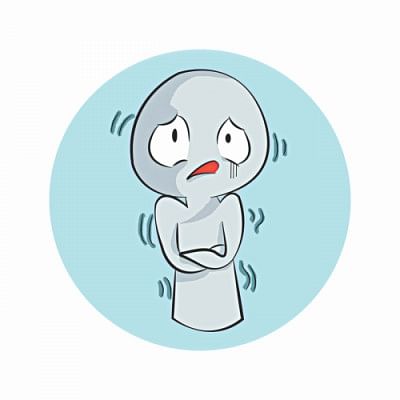
The symptoms of GAD can be characterised with excessive and persistent tension or worrying, unrealistic views of problems, feeling over the edge, easily feeling irritated, headaches, uncontrollable sweating, nausea, difficulty in concentrating, etc. These symptoms don't always exactly mean that you have GAD, though. But having them triggered out of no tangible context is what makes them a problem. And if these symptoms become persistent, it becomes a bigger problem.
When patients seek help, medical professionals will ask the patients a few questions related to their mental health. Questions may include how often the patient is stressed, how troublesome it maybe for the patient to relax, and such. Based on the answers, the psychiatrist will assess the patient's mental condition.
According to Intisar Obaid Iftee, Management Trainee at BRAC Aarong, counsellors often try to talk the patients out of their problems. They try to have constructive conversations with the patient to ease them into a rested state. It is recommended for the patient to go on regular sessions with the counsellors to get the best out of therapy. Iftee was diagnosed with GAD back in 2015.
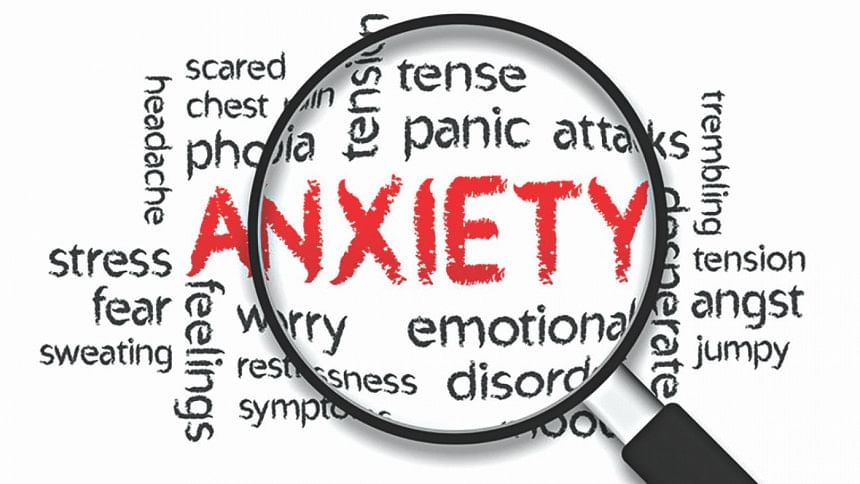
When asked about remedy through medication, Iftee mentioned, "I was not there for regular counselling. I only attended 'follow-ups' every month or every other week. Counsellors cannot spoon-feed you the remedy itself. They can give you medications, but I think the regular counselling can be more helpful."
Both Tarana and Iftee have pointed out that medication does help. But they mainly have a placebo effect on the patients; the medication only makes them feel better for a little while until the effects of the dosage wear out. Most healthy people once diagnosed with GAD admit that finding a distraction is a huge help, as it helps keep their minds off of their anxieties.

GAD is not limited to just mental health. It can give rise to breathing problems, loss of libido, an upset stomach, blood pressure troubles, heart problems, etc. There have been research that connected diabetes, associated with long-term damage or dysfunction and failure of various organs, to be connected to conditions such as GAD or major depressive disorder (MDD). Tarana recalled having unexplained asthma attacks and Iftee indicated he had breathing problems – both credited to their GADs getting triggered.
Moreover, side-effects of GAD include chronic depression and stress. Unless anything is done to solve this problem, the sufferer will not be affected only by GAD, but also many other health conditions.
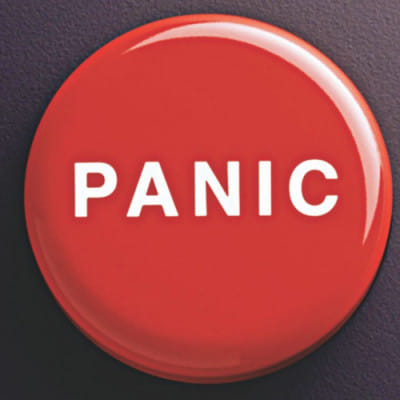
The biggest drawback we face is the lack of awareness towards mental health. Many of us will wave off the conditions as mere stunts, even calling the sufferers "attention seekers". We shun and ridicule those that would call out for help. And when we fail to help those in need, the sufferers pay for our ignorance with the loss of their sanity, sometimes even with their lives.
We can help out the sufferers by simply being physically present around them when they seek our help. Acts can be as simple as going out to hangouts with them, or any other activity that would include them in social outings. Or try to coax them into healthy habits that would help them keep their minds busy, and far away from their inner demons.
To repeat myself, GAD is no laughing matter. Do not overlook the plight of the sufferers of mental health conditions. If you are facing long-term troubles, remember this – there is no shame in seeking help. This may be a cliché, but with a sound mind, you can stave off social criticisms in a healthy manner.
*Names have been changed to protect the privacy of the individual
Aka is a tiny little bleep on the world's radar, and he finds peace in knowing it. Ruin his peace by poking him on [email protected]

 For all latest news, follow The Daily Star's Google News channel.
For all latest news, follow The Daily Star's Google News channel. 



Comments